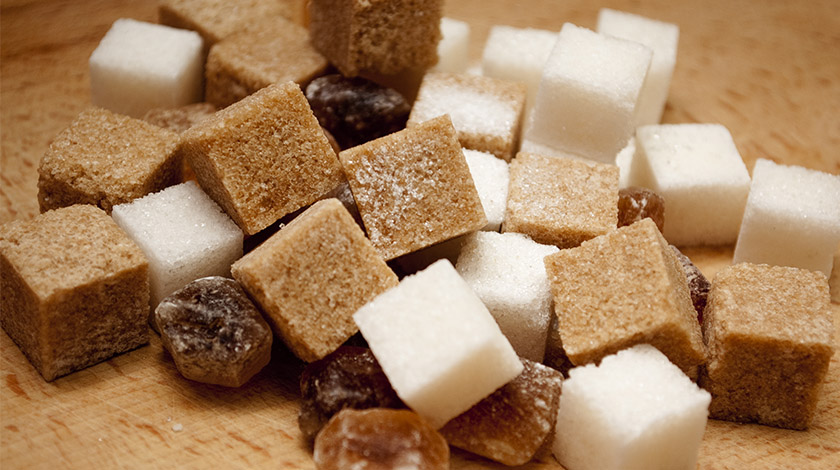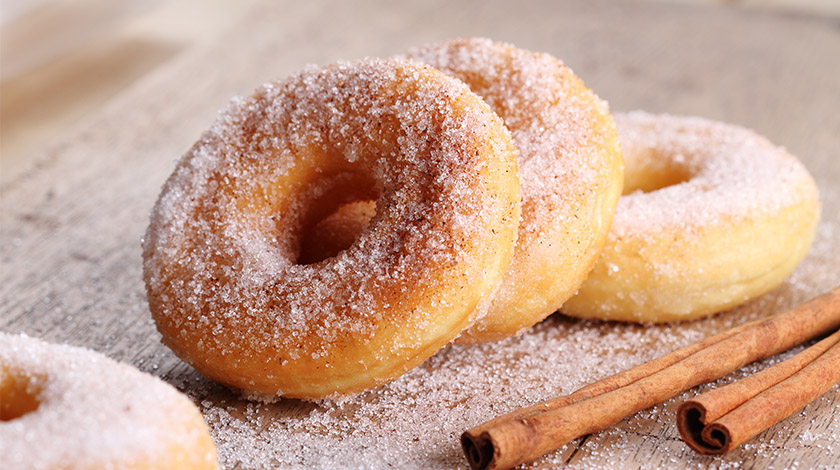We all know that consuming too much saturated fat increases the risk of heart disease. However, you might not know that sugar plays an important role in increasing the chance of heart diseases as well. 1,2,3,4
Fat not fit
Products that are marked as “healthy”, “diet”, and “low-fat” might not be really healthy because they simply replace fat with sweeteners. Make sure you read their food labels and calorific value before buying.
The bitter sugar story
Your body produces insulin when extra sugar is detected. Consuming too much sugar will result in too much insulin, eventually causing your body to become resistant to it. This can in turn lead to type 2 diabetes.1 Also, when the sugar you consume is not used by the body, it will turn into fat, thus resulting in weight gain and heart diseases.2,3,4 And if this fat is stored in the liver, you are liable to fatty liver disease.5
It is recommended that one shouldn’t take more than 30 grams of non-milk extrinsic sugars per day, which equals to about seven teaspoons of sugar.6
Sugar chemistry
Sugar is present in several forms such as sucrose, glucose, and fructose. A main consideration of sugar intake would be the speed of the sugar mixing into your bloodstream after being consumed. Most sugar mixes very fast, causing an insulin spike. To slow down the process, make sure your sugar intake comes with fiber, for example, fruits and nuts.
To find out the amount of sugar in a product, pay attention to food label. Also, make sure to read the part that says “Carbohydrates (of which sugars)”6:
- If a product has more than 22.6g sugar/100g, it is high in sugar.
- If it has less than 5g sugar/100g, it is low in sugar.
- Anything between the two is considered medium level.
Is brown sugar healthier than white?

Not really, they have the same calorie content. Also, honey contains almost the same calories as sugar. The former does have slight antibacterial qualities, but in terms of calories, they’re similar.7
Here are some tips to cut back on sugar and stay safe from obesity, diabetes, and heart diseases.
- Read the food labels: Go for food with less than 5g sugar/100g of product.8
- Cook it up: A lot of sugar comes from packaged food and breakfast cereals. Cook your own food whenever you can.
- Drop bad habits: If you have a sweet tooth, replace sweets with yogurt or fruits.
Resources
- Pure, White and Deadly: The Problem of Sugar. Yudkin J. 1972. Harper Collins.
- How Science is going Sour on Sugar. T Jackson. BMJ 2013; 346.
- Sugar and Cardiovascular Disease. A Statement for Healthcare Professionals From the Committee on Nutrition of the Council on Nutrition, Physical Activity, and Metabolism of the American Heart Association. Howard B & Wylie-Rosett J. Circulation. 2002; 106: 523-527.
- Glycaemic index as a determinant of serum HDL-cholesterol concentration. G Frost, Leeds AA, Doré CJ, Madeiros S, Brading S, Dornhorst A. Lancet. 1999; 353, 9158: 1045 - 1048.
- The Liver’s role: how it processes fat and carbs. Diabetes forecast, the healthy living magazine. The American Diabetes Association. Visited 5 September 2015.
- How much sugar is good for me? NHS Choices. Visited 22 Sept 2015.
- A preliminary assessment of the Glycemic Index of honey. A report for the Rural Industries Research and Development Corporation. J Arcot and J Brand-Miller. March 2005.
- Food Labels. NHS Choices. Visited 5 September 2015.

